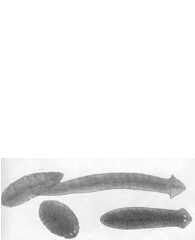The purpose of humans? Part 3
Humans:
are short-lived;
are not able to hibernate;
are fragile—both physically and mentally;
are difficult to repair;
are required to breathe oxygen;
are in constant never-ending need of water and food;
are home to billions of microbes and cannot be sanitized;
are not easily recycled;
are difficult and tedious to replace:
two distinct sexes necessary;
both must be within age constraints;
methodology is hit and miss—no guaranteed results;
child produced requires mentor for twenty years;
Thus:
Humans are never likely going to the stars.
But:
Robots
can be long-lived;
can hibernate indefinitely if necessary;
can be designed to withstand and do almost anything;
can be easily repaired—click out old part, click in new part;
do not require oxygen;
do not require food or water;
can run on electricity from sunlight;
can be sanitized;
can be recycled;
can be upgraded easily and/or replaced easily.
do not require sexes or sex.
So:
When the Earth wants to send spores into the universe—will it send humans or robots?
Are we building these robots—
which are almost more intelligent than we
—and soon will be much more;
which will soon design and reproduce themselves;
which can go many places far too dangerous for humans;
—are we building these robots so they can go into space?
Is this the purpose of humans? (to be continued)

Ralph van Drielen
Saturday, April 30, 2011
